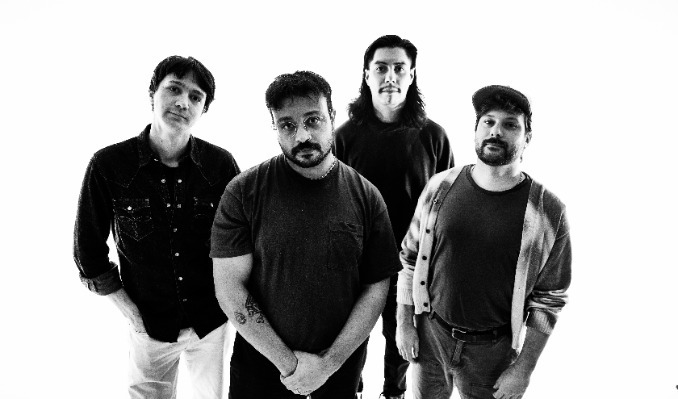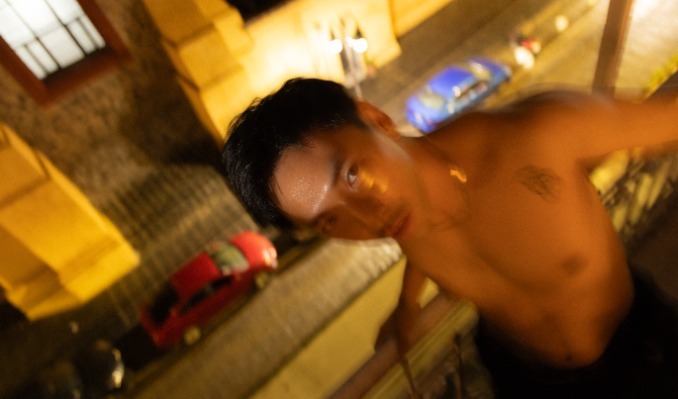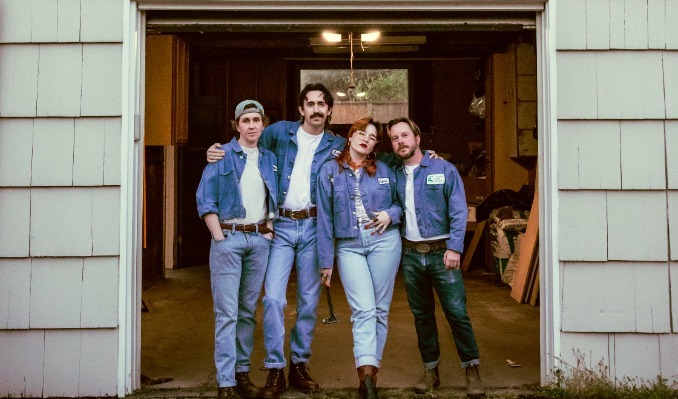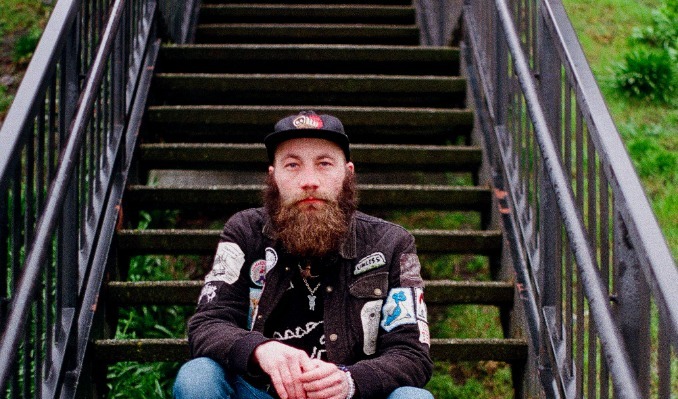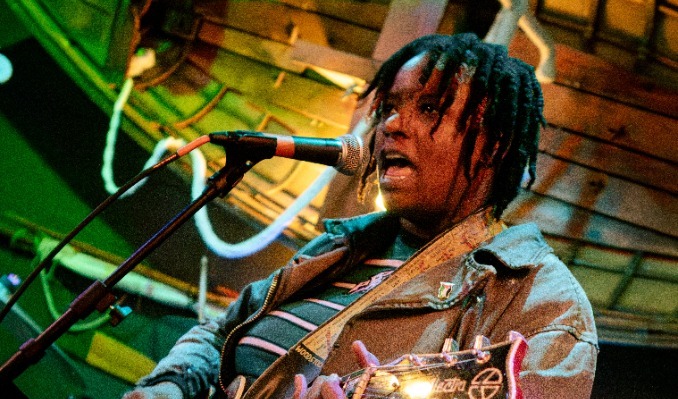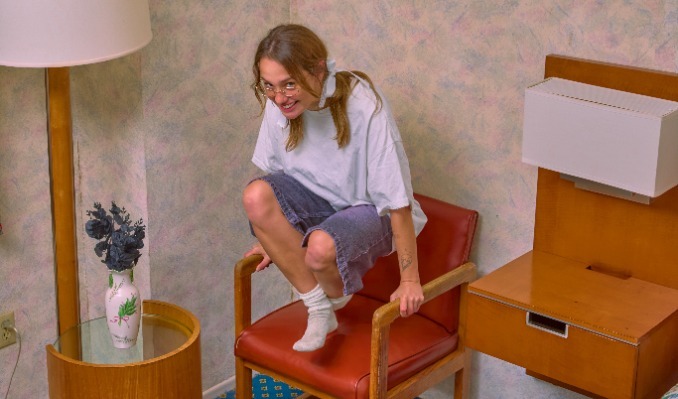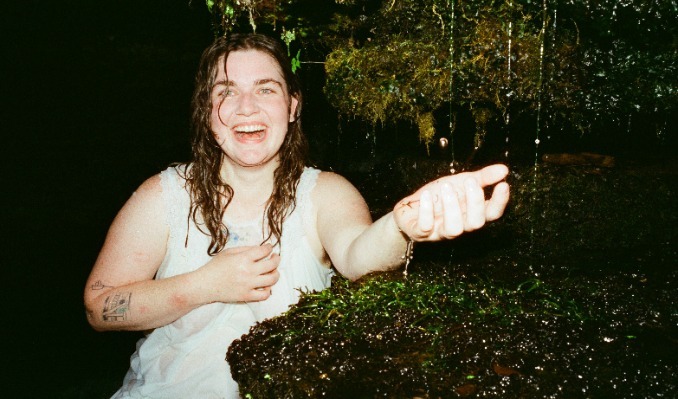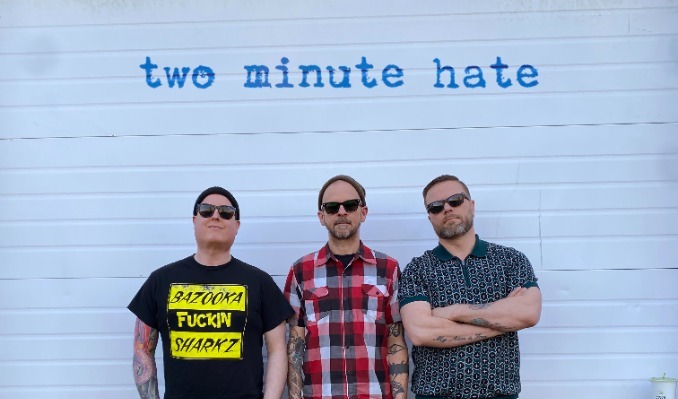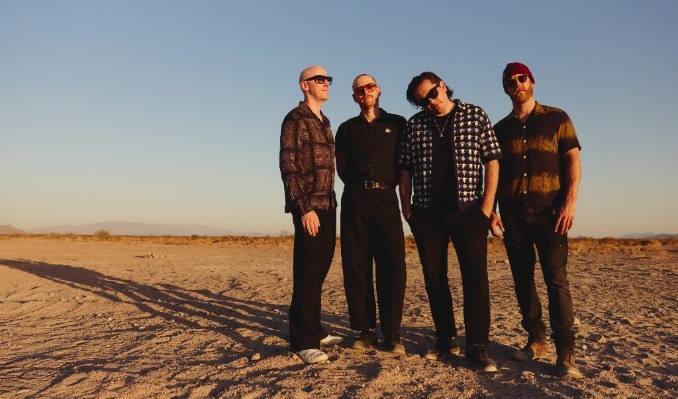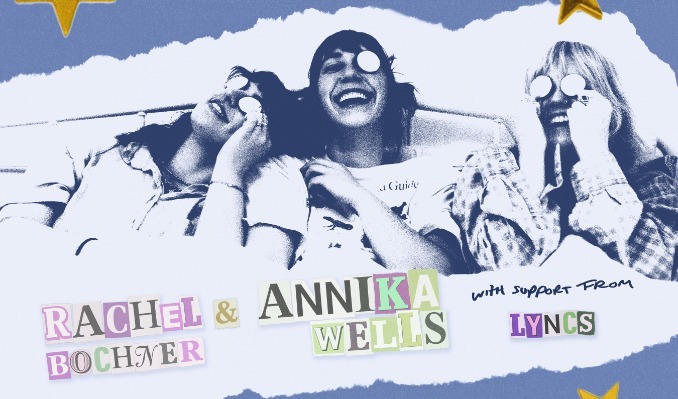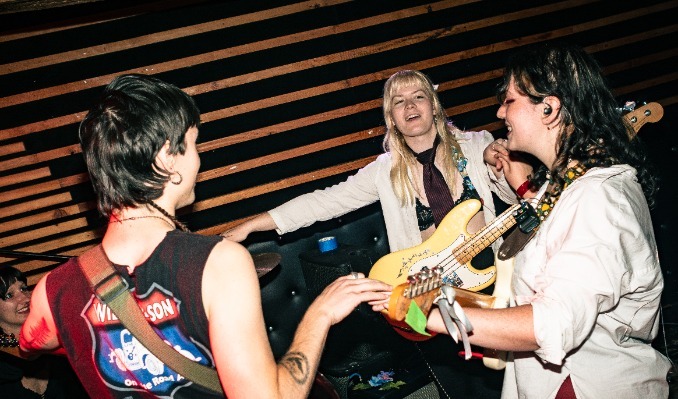Upcoming Events
Buy Tickets
21 & Over
Buy Tickets
21 & Over
Buy Tickets
21 & Over
Buy Tickets
21 & Over
Barboza Presents
The Maya Experience
Sunbather Die + Black Velvet
Feb 6
Doors: 6:30 PM
21 & Over
Barboza
Buy Tickets
21 & Over
Barboza Presents
Dev Lemons - EARLY SHOW 5 PM
Surface Tension Tour
Feb 7
Doors: 5:00 PM
All Ages to Enter, 21 & Over to Drink
Barboza
Buy Tickets
All Ages to Enter, 21 & Over to Drink
Barboza Presents
Dev Lemons
Abby Kenna
Surface Tension Tour
Feb 7
Doors: 7:00 PM
All Ages to Enter, 21 & Over to Drink
Barboza
Buy Tickets
All Ages to Enter, 21 & Over to Drink
Barboza Presents
Olivia Barton
For Myself and For You Tour
Feb 10
Doors: 7:00 PM
All Ages to Enter, 21 & Over to Drink
Barboza
Buy Tickets
All Ages to Enter, 21 & Over to Drink
Buy Tickets
21 & Over
Buy Tickets
21 & Over
Barboza Presents
Annika Wells + Rachel Bochner
Lyncs
Feb 18
Doors: 7:00 PM
All Ages to Enter, 21 & Over to Drink
Barboza
Buy Tickets
All Ages to Enter, 21 & Over to Drink
Buy Tickets
21 & Over
